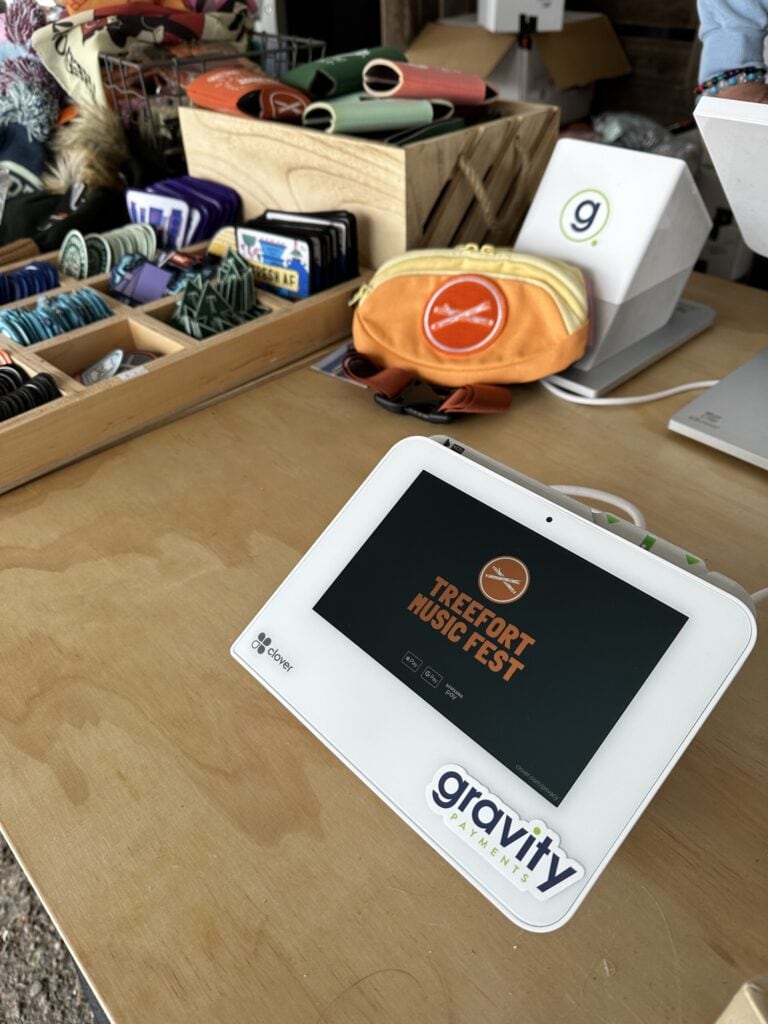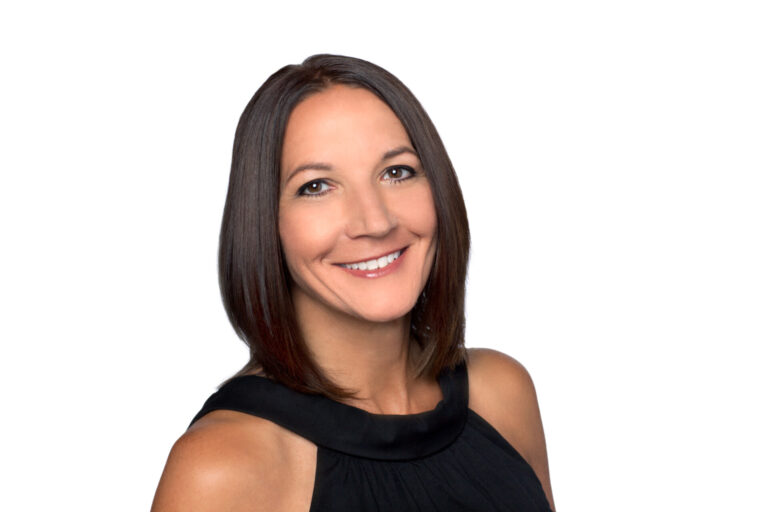 Our Faith, Beliefs, and Values blog series seeks to highlight Gravity employees who bring strong personal values systems–whether religious, cultural, political, or otherwise purpose-driven–to their life and work. At Gravity, we strive to create an environment in which all employees feel like they can be themselves and their convictions are respected. The opinions and views expressed are the employee’s own and do not reflect the views of Gravity as a company.
Our Faith, Beliefs, and Values blog series seeks to highlight Gravity employees who bring strong personal values systems–whether religious, cultural, political, or otherwise purpose-driven–to their life and work. At Gravity, we strive to create an environment in which all employees feel like they can be themselves and their convictions are respected. The opinions and views expressed are the employee’s own and do not reflect the views of Gravity as a company.
Russell Kimura’s career at Gravity started in an unlikely place: the church. Before joining Gravity’s Hawaii sales team in 2008, Russell had worked as a pastor at his hometown church, Hope Chapel on the island of Oahu in Hawaii, and had assumed he’d spend the rest of his career working as a minister to spread the word of God. After two years on the job, however, he realized he didn’t need to work as a pastor in order to live his Christian values. His journey to figure out what to do next would ultimately lead him to Gravity.
Growing up in a Christian home, Russell started attending church as a child. Although, like many children, he didn’t always relish going to church on Sundays, as he got older, he grew to appreciate the lessons of the Bible, and Christianity became more of a driving force in his life. He joined a youth group and began leading Bible studies and worship services and, as graduation drew nearer, he started exploring Christian colleges outside of the state. “I always wanted to go away for college,” he says. “I wanted to experience something new and different and also find a Christian college where I could learn more about my faith.”
Get the Gravity newsletter for the latest FAQs, tools, tips and tricks
The search eventually led him to Whitworth University in Spokane, Washington, where he majored in Biblical studies and theology and, more importantly, developed a new understanding of what it meant to be a Christian. “There’s a difference between religion and Christianity,” he says. “I’ve learned over time that Jesus is more about a relationship than a religion. It’s not about doing the right things and saying the right things and following the right protocol to earn the right to call yourself a good Christian. As I’ve grown in my faith, I’ve realized I don’t need to be perfect to be a Christian. It’s not about earning God’s approval but about embracing the relationship I have with Him. It’s okay to fail knowing what Jesus did for us by dying on the cross and forgiving our sins. This is not an excuse to sin but rather an understanding that its not by works that I am saved.”
Russell credits this new understanding with deepening his relationship with God and leading him to contemplate a career as a pastor. After graduation, he moved back home and took a job as a college pastor at the church in which he’d grown up. In taking the job, he assumed he was making the first step toward what would end up being his lifelong career. Unfortunately, things didn’t work out as planned and Russell quickly realized that working for the church was very different from volunteering for the church. “I came to understand that church is also a business,” Russell says. “You have to pay for the building and the staff and the equipment, so you have to run things to some degree as a business. That didn’t sit well with me, and it started to turn me off a bit. I also didn’t know how to progress in the church as a career path. I didn’t get a raise for two years and I felt like I was failing. It was a hard thing to swallow to feel like my job was tied so much to numbers. We had a small but thriving college ministry, but it wasn’t as robust as the church wanted it to be. So we decided it was maybe not a good fit for me and decided to move on.”
Although the experience threw an unexpected wrench in his career plans, Russell looks back on it as a time of deep reflection and learning about his own faith and relationship with God as he came to understand that there were many ways he could live a life built on Christian values outside of dedicating his life to ministry.
His time at the church would also lead him directly to his career at Gravity, though it would take a few years for the connection to become clear.
While working as a pastor, Russell had met Matt and Jessica Sakauye, a couple who visited his church one week and with whom he quickly struck up a friendship. As he got to know them, he explained to them that he was looking for a mentor and Matt invited him out to coffee. “He said that he wanted to mentor me,” Russell recalls. “We struck up a relationship and started doing weekly bible studies.”
As their meetings progressed, Russell confided in Matt about his doubts about his career as a pastor. “I was trying to make sense of the church as a business,” he says. “I got to a point where I was talking to Matt about leaving, and he helped me through that process and helped me have a good transition out of the church.”
At the same time, Russell began to learn more about Matt, who, at the time was working for a credit card processor and seemed to be thriving in his career. Although Russell knew nothing about the merchant services industry, he hoped an opportunity might present itself through Matt and his company since, at the time, he had no idea about what he might want to try next. Unfortunately, the offer never came, so Russell opted to take a job teaching at a private high school during the day and working at a restaurant at night while he figured out his plans for the future. After two years, however, the grind became too much for Russell. He and his wife, Sarah, wanted to start a family, and the late nights weren’t ideal for such an endeavor. He decided to quit restaurant work and use that spare time and energy to explore other opportunities.
One of his first calls was to his old friend Matt, with whom he had stayed in touch. The two went to lunch, and Matt mentioned he’d just started working for a new company, another credit card processor called Gravity Payments, and was looking to build his own sales team. “He told me he thought I’d be a good fit for the job and that I should go home and pray with my wife about the decision. So that’s what I did. And, even though I didn’t know much about the company or industry, I decided to take the job because I knew Matt and I trusted him. I thought, if he thought I could make it, then I probably could.”
Russell accepted an offer to work on Gravity’s newly formed Hawaii outside sales team in the beginning of 2008 and has been with the company ever since. Although the job was a big change from what he’d done previously, Russell credits Matt and CEO Dan Price with making the transition for him as smooth as possible. “I’d never worked in the business world, so it was very new to me,” he says. “But Matt was a great teacher, and I trusted that he’d been in the industry for several years at that point so he knew what was required to be successful. The fact that he was so encouraging and thought I could do it gave me confidence that I could do it if I put my mind to it and worked hard.”
Having left behind one career that he thought would last a lifetime, Russell hoped that his opportunity at Gravity would prove more long-term. “I remember thinking that I’d love to find a job that I could stick with,” he says. “I didn’t want to keep jumping around every two years. My hope was to work with the company for a while.”
Now, a decade later, Russell says that the primary reason he’s been so happy at Gravity is the people he gets to work with every day. “A job is a job,” he says. “And you’re going to have challenging times and good times. But I think it’s the people in the company who have made it a place you want to be, to engage in and really enjoy.”
Russell credits Matt with building such a dynamic team. “Early on, Matt said that one of his goals was to build a team of people he wanted to hang out with even if they weren’t working together, and because of Matt’s personality, he ended up attracting people who shared a strong set of core values and personality traits that have allowed them to work well together.”
Another reason Russell has been happy to stay at Gravity is the culture, which he says allows him to be himself and exercise his values without judgment. “Gravity allows us to be who we are, and yet they’re not forcing things upon people. They allow us to share openly who we are and they don’t frown on us supporting and sharing with one another.”
As an example of this environment, Russell cites a retreat the Hawaii team took at the end of 2017 in which each team member was asked to share their life story. Several team members, including Russell and Matt, talked about how faith had played a role in their lives, while others, who didn’t come from a Christian background, were also able to openly share stories about their lives and values without feeling ostracized from the team. “I think that’s a snapshot of what Gravity is as a whole,” Russell says. “Though we have different people with strong beliefs, it won’t create any division or judgments or feelings of awkwardness. And that’s why I’ve felt like we’ve been able to be who we are within our company because Gravity allows us to be that and live out our faith and also be okay with us sharing with others, but we’re not trying to convert the whole company to our set of beliefs. Gravity gives us the freedom to be who we are, and everyone here accepts that at face value.”
On a more personal level, Russell has found that bringing his faith to work has helped him thrive in his role. “Outside sales is not an easy job,” he says. “You’re going to have ups and downs, good days and bad days, and challenging people and people you can help. It’s not easy to face rejection all the time. The emotional toll of sales is one of the biggest challenges, and that’s one of the places I’ve found my faith interacting with my job. When I’m going through a tough time in sales, I know that I’m not in this alone. Jesus has gotten me through many tough times and He helps me understand that my worth is not in my performance and my identity is not wrapped up in my job and that, as much as I want to do well, at the end of the day, my identity rests in who I am as a child of God. That anchor and that rock gets me through so many challenges.”
Faith has also helped him deal with challenging situations by reminding him to exercise patience with others. “God has shown grace to me, so who am I to judge other people’s experiences?” he says. “God calls us to have grace for people but not to shy away from truth either. If it’s just grace without truth, it’s not loving.” In other words, just as God forgives our sins while simultaneously helping us correct them, each of us can address the problems we have with other people without getting angry, jumping to conclusions, or assuming the worst. “If someone drops the ball, I can come at them with straight truth and hold it against them for what they’ve done because, the truth is, they screwed up. But, even though I’m communicating the truth, it might not be received well because I’m lacking grace and I run the risk of spoiling the relationship for the future. On the flip side, if I only come with grace and no truth and just brush off the problem, the person might not feel the weight of the responsibility of what happened and I’m enabling them to continue to be lax. Being able to come with grace and say I’m not perfect, but here’s the truth–that’s something my faith has taught me.”
While Gravity as a whole is not a Christian or religious organization, Russell believes the culture supports those who have a strong passion for service. “Although we are not perfect, we are trying our best to serve each other and our clients every day,” he says. “Gravity’s culture is unique, for sure, but I believe God has led me to this company for a reason. If you are dedicated to serving others and take responsibility for your growth, you’ll have a good chance of succeeding at this company. It’s a place that rewards strong values and convictions, whether you come from a faith-based background or are inspired by other reasons.”
By Brooke Carey, Content Editor




